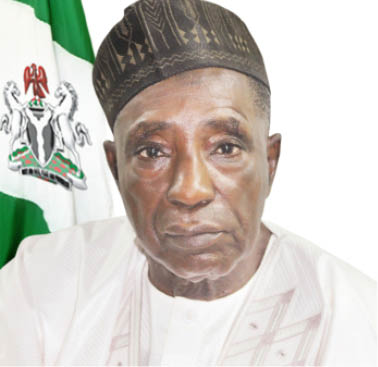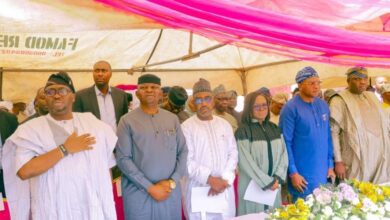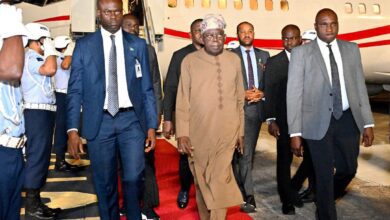FG To Boost Dairy Production, Woos Investors

The Minister of Agriculture and Rural Development, Alhaji Muhammad Sabo Nanono has reaffirmed the Federal Government’s commitment to boost food production, productivity in the dairy sub-sector, ensure food security and self-sufficiency in the country.
Speaking during the opening ceremony of a Wider Stakeholders Engagement on National Dairy Policy held within the week, Alhaji Sabo Nanono, revealed that the Federal Government is committed to providing the enabling environment for sustainable direct investment in the dairy industry and other key sectors of the economy.
“The Federal Government welcomes at all times, the support, collaboration and partnerships of all concerned stakeholders towards ensuring the success of her National food security and economic diversification initiatives.
“The need to harness our potentials in the dairy sector, address contemporary critical socio-economic and national herd management issues have induced renewed interest in the development of the diary particularly in recognition of the nutritional and livelihood importance of milk and other dairy products in Nigeria,” he said.
TheFact Nigeria gathered that the gap between supply and demand for dairy products in the country is widening as a result of an increase in population and urbanisation while the dairy industry is largely subsistence and consist of local milk production, importation, processing, marketing and consumption, the consumption of aggregated and bulk milk is less than 20% of the local potential, hence the imbalance.
The Minister further explained that “the per capita consumption of milk is 8 litres per year representing very low consumption levels when compared with the global averages of 44 litres of milk, consequently, the long neglect of the livestock sector has put a lot of burden on the import bills of the country,” he said.
Nanono, therefore, stressed the need to foster sub-sectorial growth, one that is inclusive of smallholders and all key players along in the dairy value chain.
This, he said, required the buy-in of national and multinational stakeholders.
“To facilitate this growth, the Ministry is presently collaborating with the Federal Ministry of Industry Trade and Investment (FMITI), Raw Material Research Development Council (RMRDC), Central Bank of Nigeria (CBN), Federal Ministry of Finance, Budget and National Planning and the private sector, to promote and develop the local dairy industry.”
He said that the collaboration will facilitate the process of evolving a National Dairy Policy that will articulate a clear road map and strategies for the attainment of the development aspirations in the sector.
He charged the Stakeholders ‘’ to ensure inputs from all angles to the policy document that will be forwarded to the Federal Executive Council (FEC) for approval and subsequent presentation to the general public for guidance.”
The Minister of Industry, Trade and Investment, Otunba Richard Adeniyi Adebayo, stated that “the essence of the policy is not to puncture the existing success recorded in the dairy industry but rather to strengthen it, adding that the dairy policy document is consistent with the Nigerian Industrial Revolution Plan (NIRP).”
He assured that the “government will consider and harness the inputs, observations and contributions arising from this engagement with a view to taking a position that will be in the best interest of the dairy industry and the economy in general.”
In his welcome address, the Permanent Secretary in the Ministry, Dr Ernest Umakhihe lamented that “Nigeria is far from meeting national sufficiency in dairy production in particular, and therefore spends a huge amount on the importation of dairy products to bridge the huge gap between supply and demand.”
He reiterated that “the proposed policy, therefore, is to give defined direction for the country’s dairy industry where all players at whatever scale will






